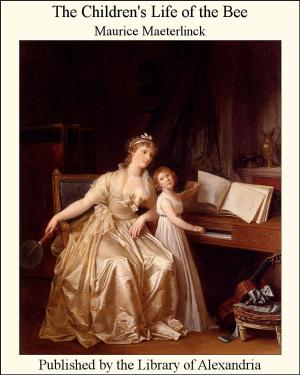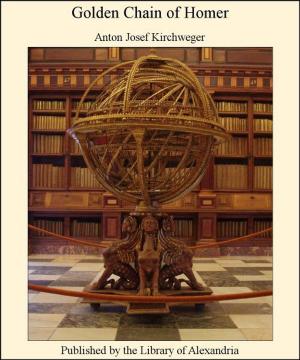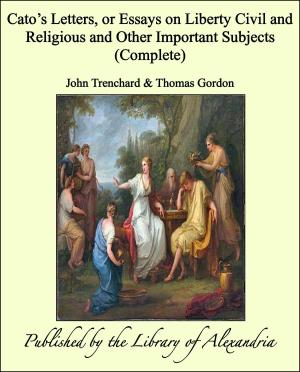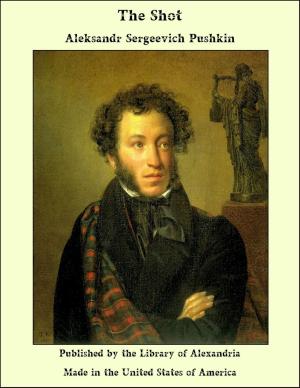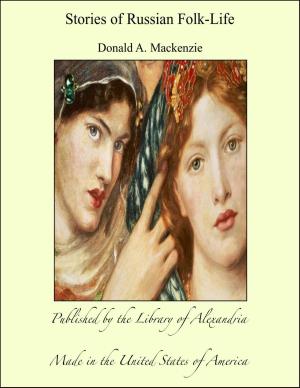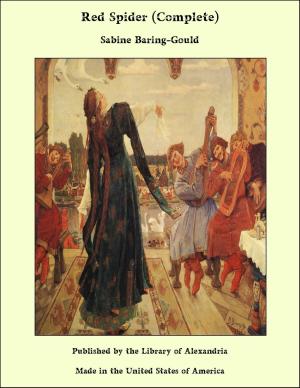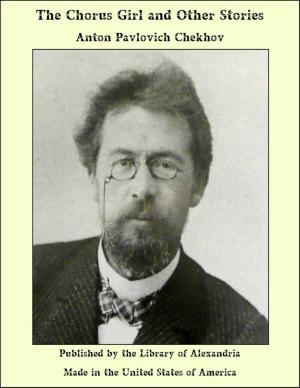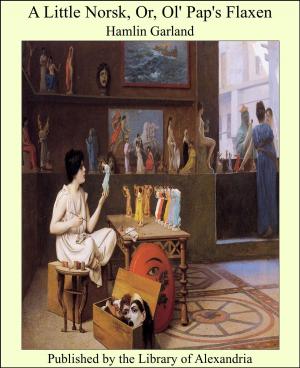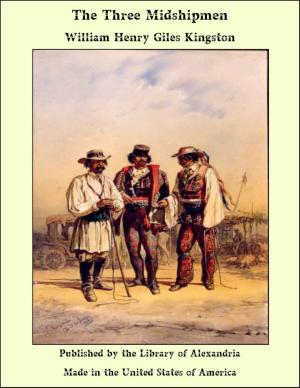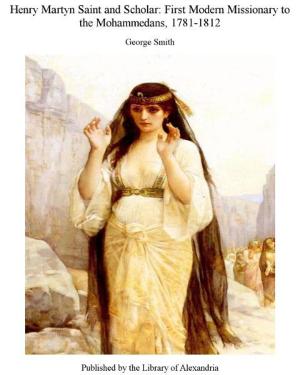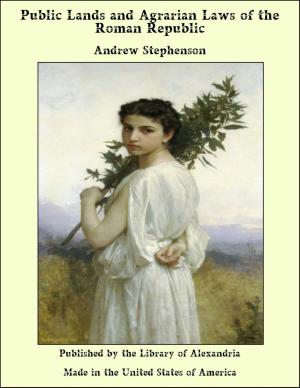| Author: | Charles Francis Abdy Williams | ISBN: | 9781465583987 |
| Publisher: | Library of Alexandria | Publication: | March 8, 2015 |
| Imprint: | Language: | English |
| Author: | Charles Francis Abdy Williams |
| ISBN: | 9781465583987 |
| Publisher: | Library of Alexandria |
| Publication: | March 8, 2015 |
| Imprint: | |
| Language: | English |
The position of Johann Sebastian Bach as one of a numerous family of musicians is unique. Of no other composer can it be said that his forefathers, contemporary relations, and descendants were all musicians, and not only musicians, but holders of very important offices as such. All his biographers have therefore given some account of his family antecedents before proceeding to the history of his life; and I have found myself obliged to follow the same course. In other respects I have adopted the plan made use of by the older biographers, of keeping the account of his life distinct from that of his compositions. Every biography is necessarily based on that written by his two sons, four years after his death, published by Mizler, and the one published in 1802 by Forkel, who was intimate with the sons. Hilgenfeldt’s account follows these, and in later years further information has been acquired from the searches into archives, and other ancient documents, by C. H. Bitter and Philipp Spitta. Any details concerning the life and works of this remarkable man are interesting; and it is probable that researches will be continued for some time to come. Thus, last year (1898) a “celebration” took place at Ohrdruf in memory of Bach’s school career there; and Dr Friedrich Thomas took the opportunity of publishing some details of the Bach family which had escaped Spitta.
The position of Johann Sebastian Bach as one of a numerous family of musicians is unique. Of no other composer can it be said that his forefathers, contemporary relations, and descendants were all musicians, and not only musicians, but holders of very important offices as such. All his biographers have therefore given some account of his family antecedents before proceeding to the history of his life; and I have found myself obliged to follow the same course. In other respects I have adopted the plan made use of by the older biographers, of keeping the account of his life distinct from that of his compositions. Every biography is necessarily based on that written by his two sons, four years after his death, published by Mizler, and the one published in 1802 by Forkel, who was intimate with the sons. Hilgenfeldt’s account follows these, and in later years further information has been acquired from the searches into archives, and other ancient documents, by C. H. Bitter and Philipp Spitta. Any details concerning the life and works of this remarkable man are interesting; and it is probable that researches will be continued for some time to come. Thus, last year (1898) a “celebration” took place at Ohrdruf in memory of Bach’s school career there; and Dr Friedrich Thomas took the opportunity of publishing some details of the Bach family which had escaped Spitta.

